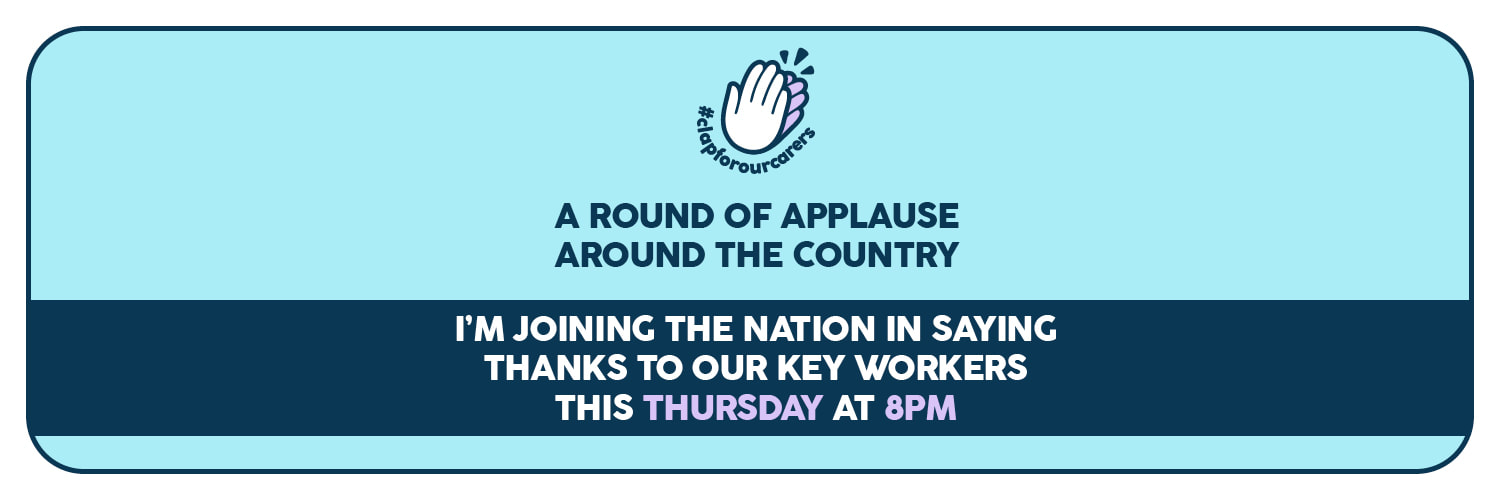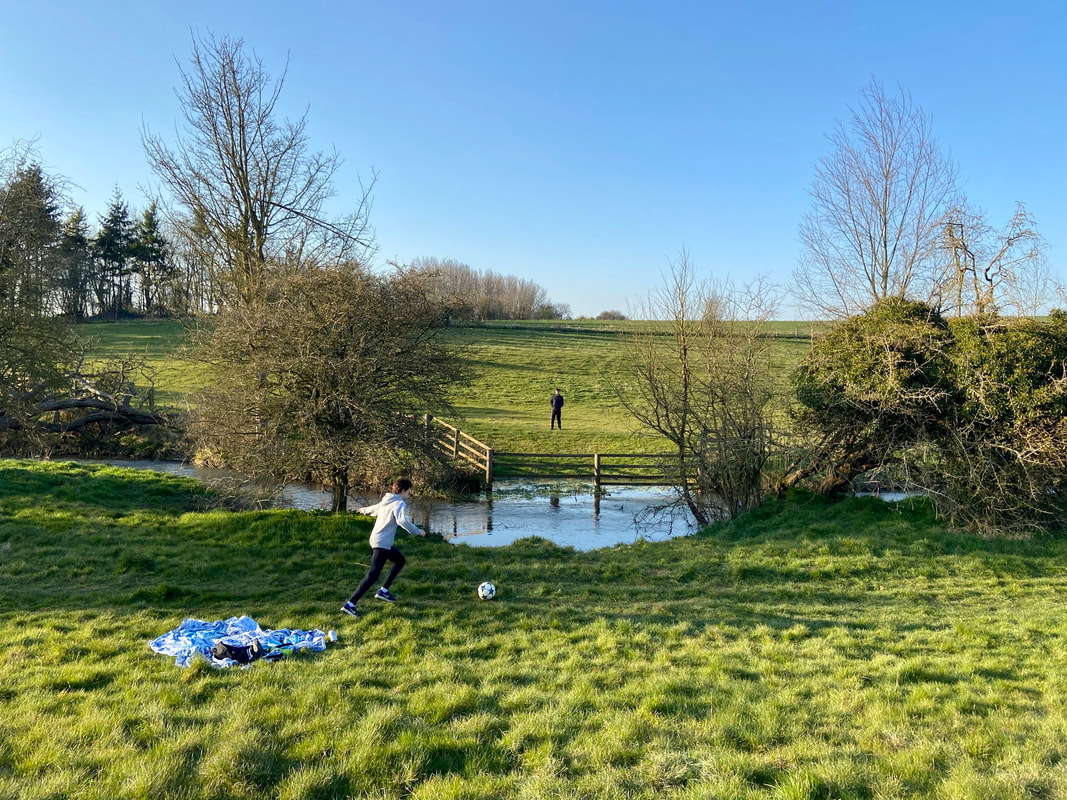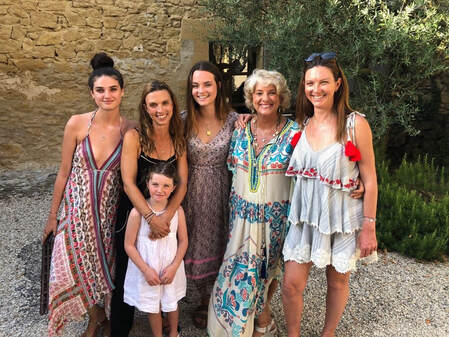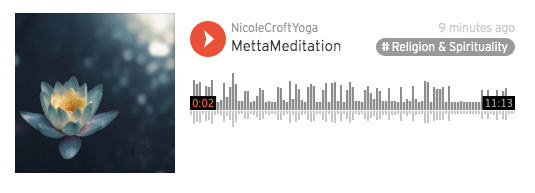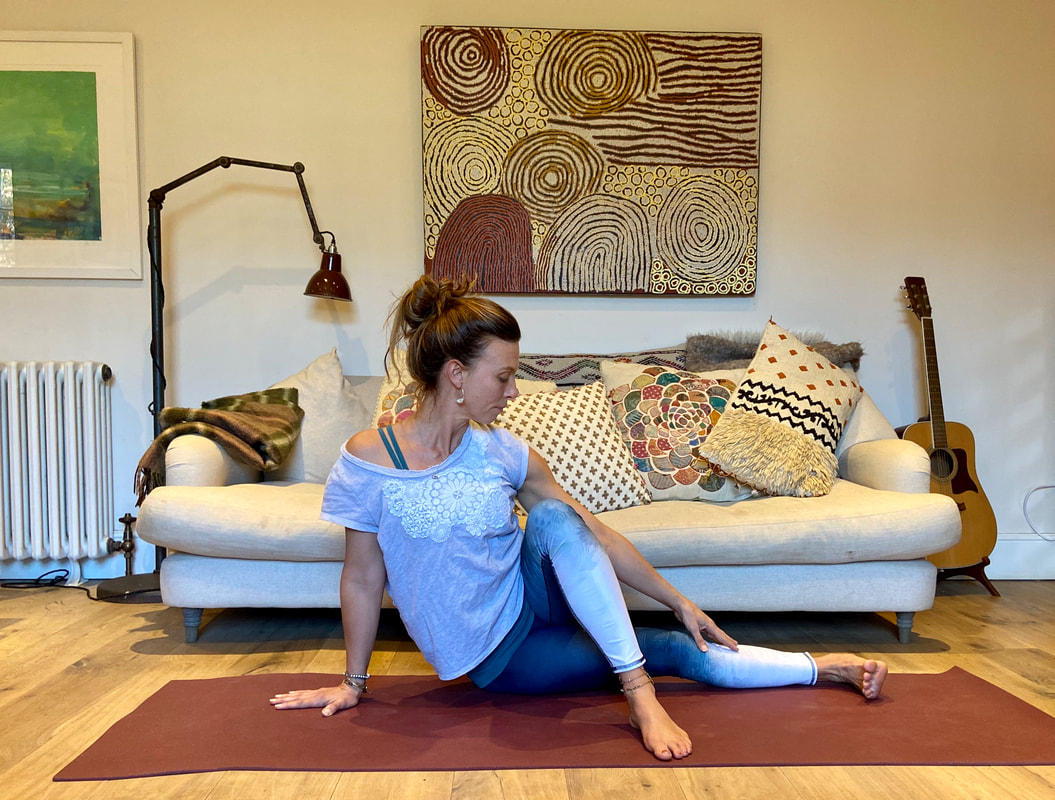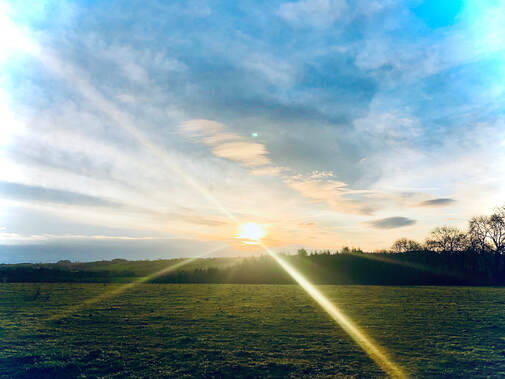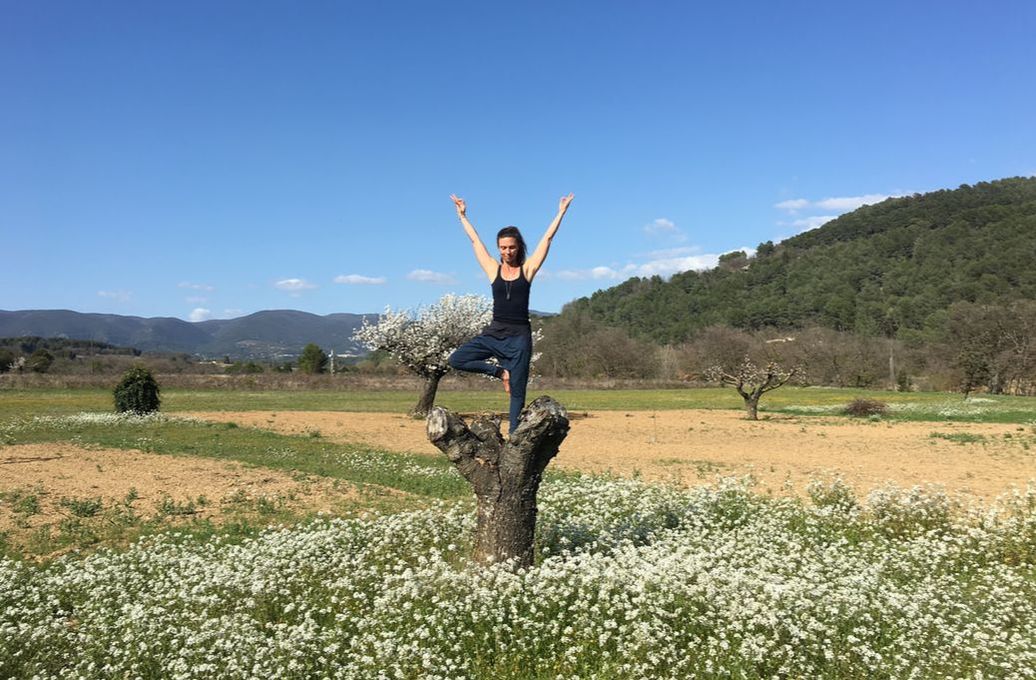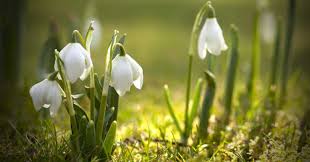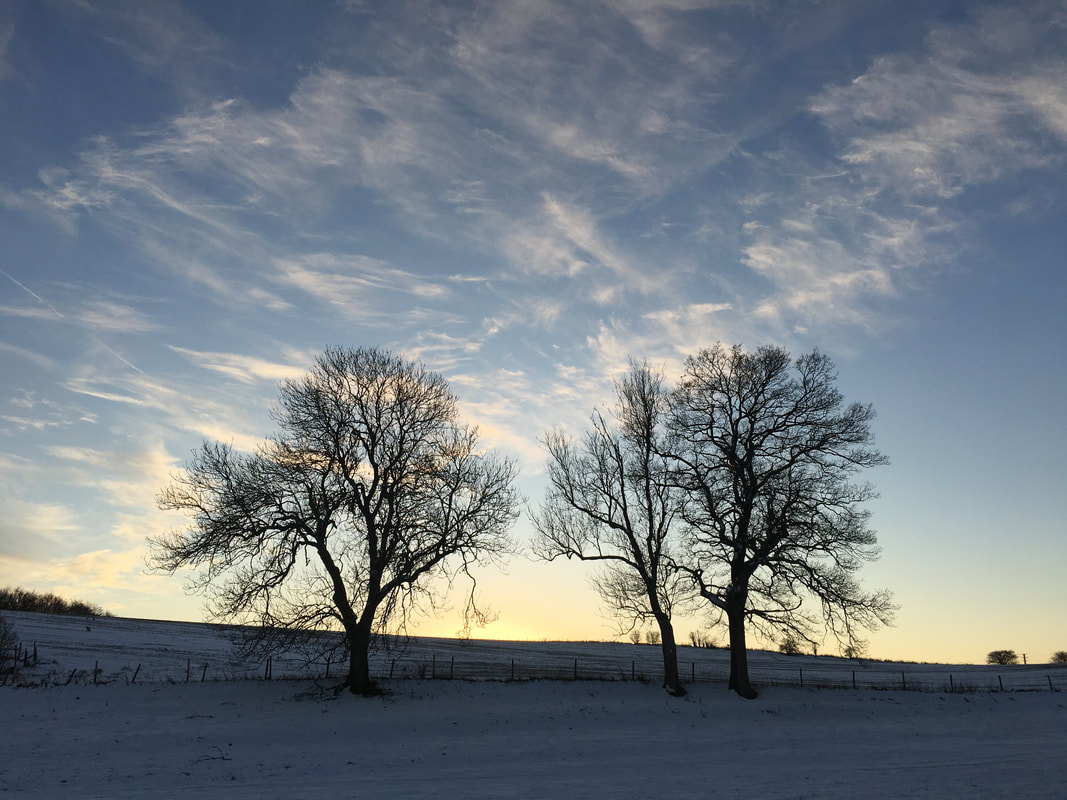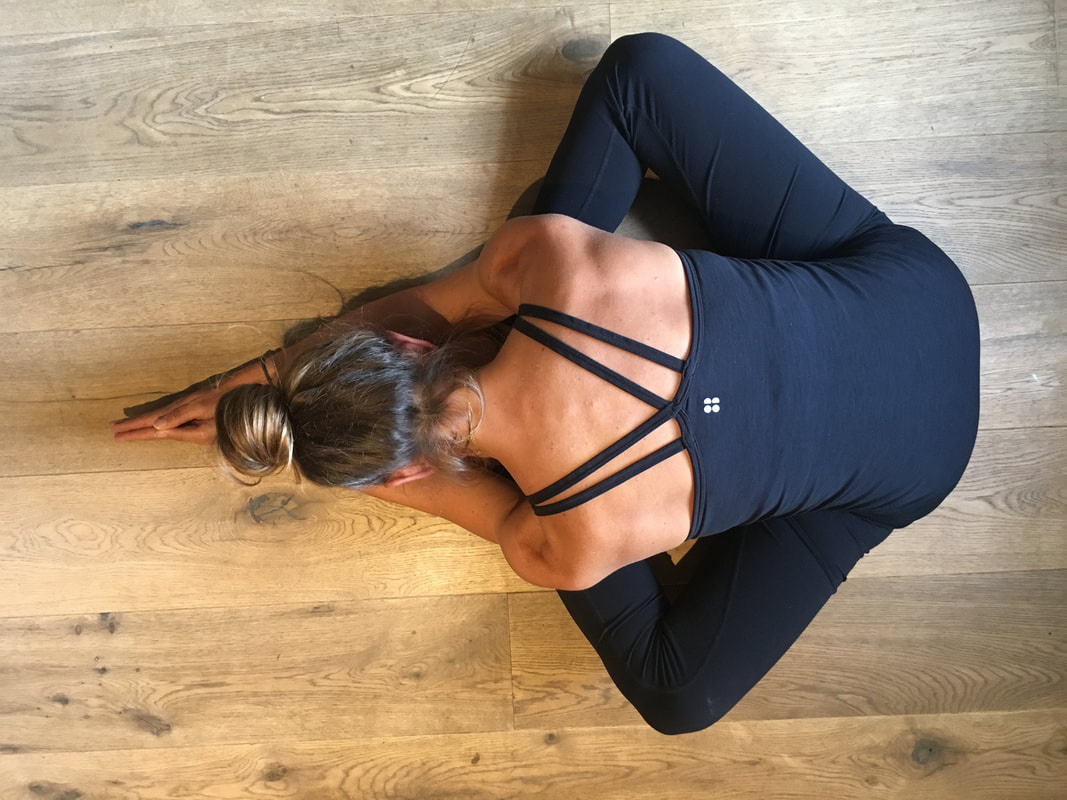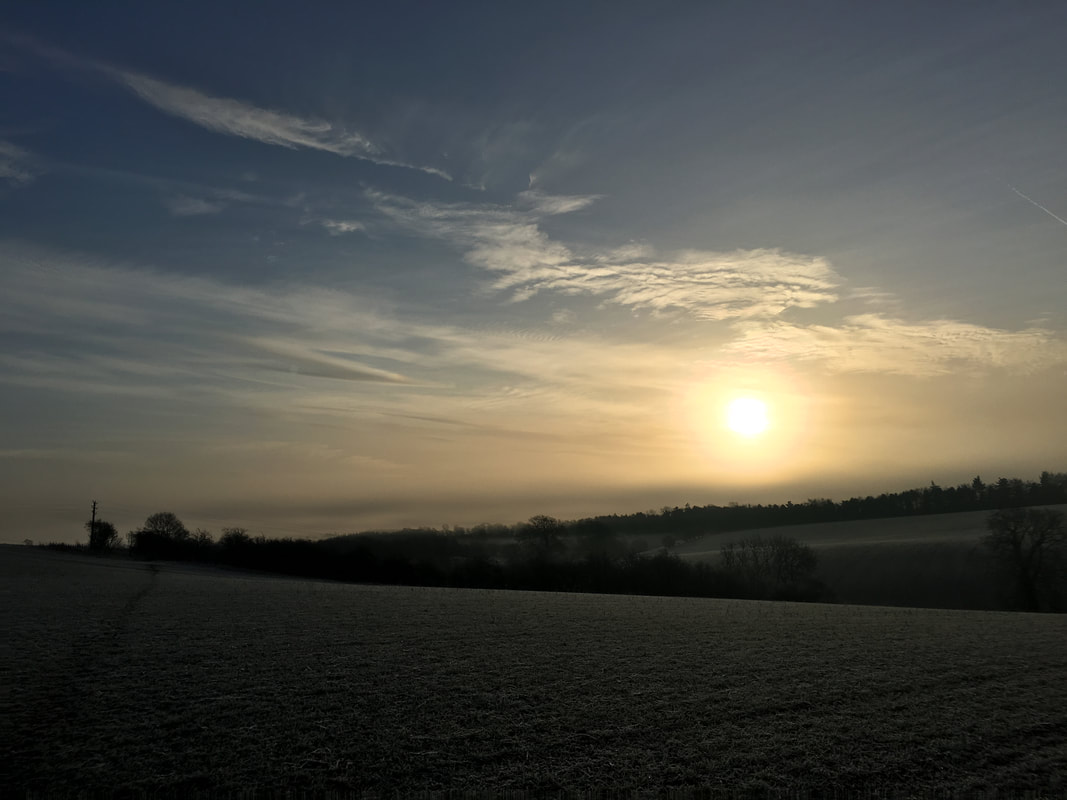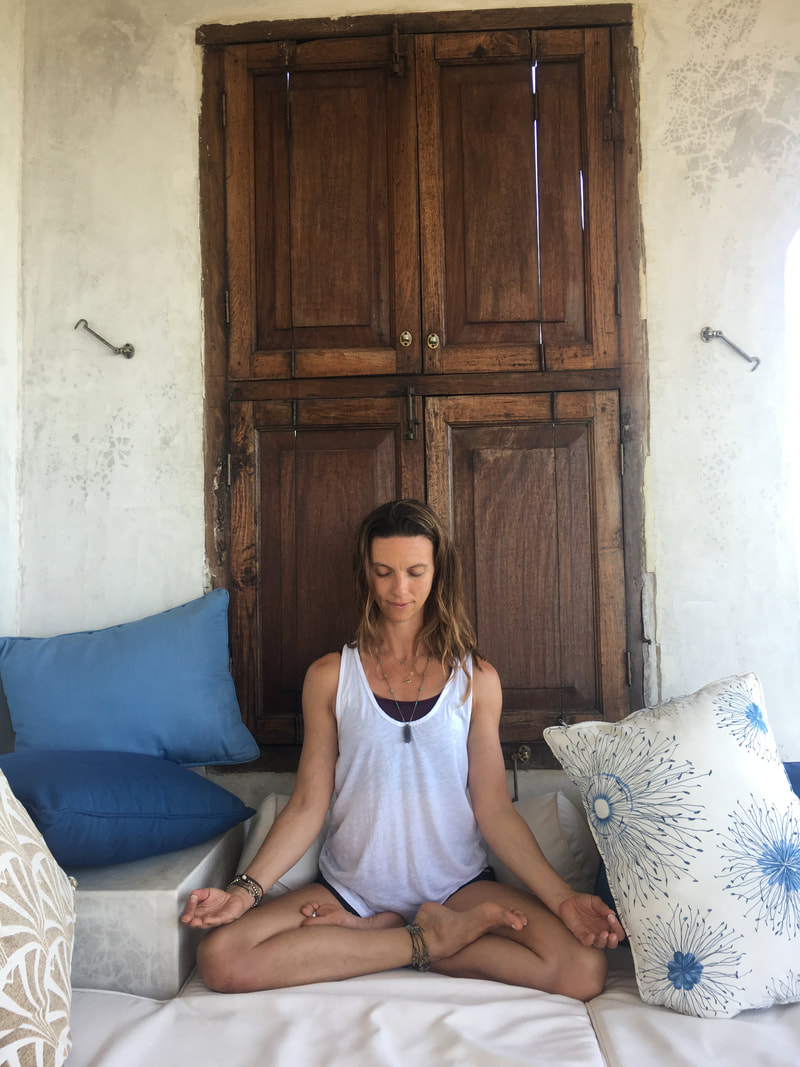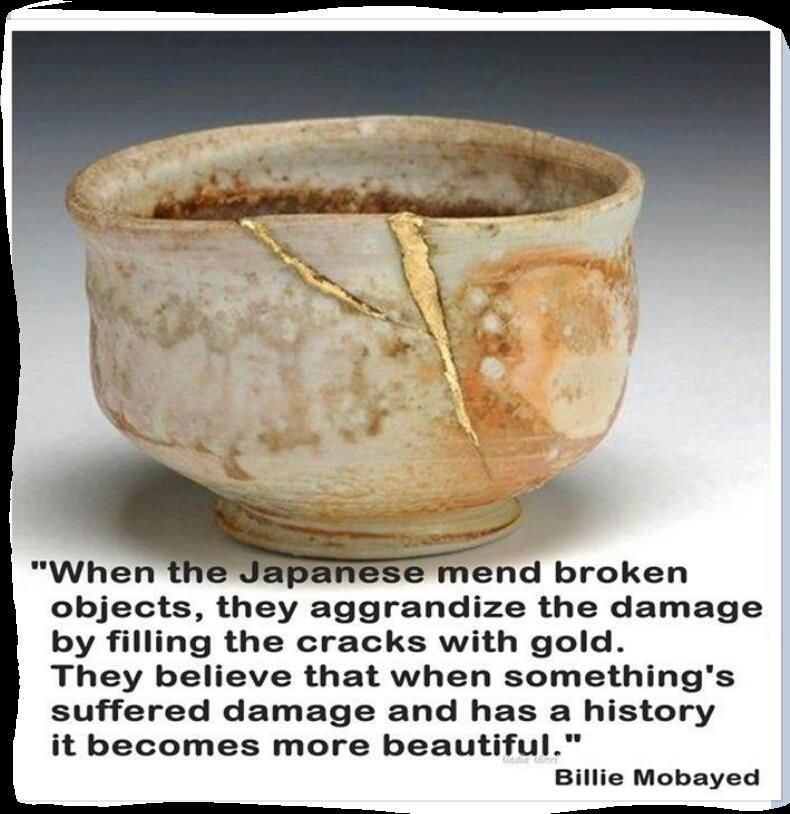|
n his 1959 campaign speech, John F Kennedy suggested that the Chinese character for crisis was made up of two brushstrokes, one for danger and the other for opportunity. Though the strict validity of what he said has since been much debated, there is no doubt that opportunities so often lie in the less obvious places. And often in the midst of difficulty.
Circumstances and particulars of character have determined, thus far, the extent to which people have seized lockdown as an obvious opportunity. There was much talk initially about the chance it was giving us all to lead simpler lives, to delight in the domestic, to learn Greek, plant vegetables or take up water colour painting. Which was wonderful for the few that responded in that way and entirely guilt inducing for the rest, who were and are coping instead with a much headier cocktail of endless hoovering, gritted teeth and a steady flow of wine and series on netflix. But all guilt here is entirely misplaced. For a start, there is no right way to get through this pandemic; no medals to be had for what you made of it & nothing to say that creativity trumps coping when it comes to grappling with an experience for which we have had no rehearsal. More heartening still is that however you are choosing to navigate these entirely uncharted waters, you can be entirely secure in the knowledge the sheer act of living through it, of putting one foot in front of the other, is cultivating the inner qualities of sheer grit and determination. As a friend insightfully said the other day, she was fascinated by the way in which this was feeding into everyone’s resilience. Which by design or by default, is exactly what this is doing. It happened to the war generation, and it will happen to us all. The Queen even said as much, when she so beautifully suggested that the Britons of today would be remembered as being as strong and as resolute as any other. In the same way that we strengthen an arch by putting weight on it, difficulty and discontent is fertile soil for personal growth. We might covet the times when life is comfortable and sun tinted, but the truth is we develop most through those that are altogether tougher. The Stoics overlap with many spiritual traditions in seeing problems not simply as an inevitable part of life, but also to be courted as a necessary condition for growth. Of the stoics, Cato was the most famous for using pain as a teacher- wearing clothes to entice people to laugh at him so that he might drill himself in the art of indifference, choosing to subsist on poor man’s rations to develop hardiness and walking barefoot and bare headed in both heat and rain so that he might cultivate resolve in the face of physical discomfort. And whilst I would never advocate making life harder for ourselves than necessary, especially not now, that we might be inadvertently developing resilience could be considered a very handy byproduct of this global experience. In the same way that there is absolute certainty that this crisis can not last forever- no pandemic in history ever has (thank god)- it is also true that as night follows day that this will not be the last difficulty we ever face. It might not be anything of this magnitude or breadth again, but life is by nature both up and down and a life well lived requires an acknowledgement of this at its very heart. The sun will rise again, for sure, but so too will it set. In the same way that it would be wise to build up our physical immunity in whats left of lockdown (the topic of my next blog), developing a level of emotional immunity as we live through this will be wholly helpful for navigating our necessarily still cyclical lives to come. So whilst the painting of lilac might still be left undone, the Duolingo prompt ignored, even the child left unschooled, you can - I would argue- still exhale deeply in the knowledge that having simply got through another 24 hours you have added to your stockpile of resilience. And that without moving a muscle, this is yogic core training at its very best. It seems that some people are finding lockdown harder than others. My sister, whose children are like chalk and cheese, has said it has been fascinating to see their opposing reactions. Her daughter, a natural extrovert, has been pinned to the windows, on the constant lookout for any sign of human life and when there finally was some, in the form of the arrival of the gas meter man, she befriended him without drawing breath- albeit at a distance. Without the solace of her band of pony-tailed playground comrades, anyone - it seems- would do.
In contrast my nephew is apparently in his own version of seventh heaven. A natural homebody, lockdown has gifted him days that he always yearned for; at home, surrounded by family, knee deep in a box of lego. My husband too, is nearly unequivocally delighting in the experience. A social introvert, he is the only person I know to have ever answered the question as to what he wanted to do on a sunny Saturday with ‘Think’. That he can now do so, unencumbered by my plans, is for him pure joy. There is no doubt that this is the introverts time in the sun. And arguably its is long overdue. It has always struck me that the before Covid world ( BC and AC now taking on a whole new meaning) alway rewarded the extrovert. Noisy, social, accumulative, people were being increasingly measured by where they went, who they went with, their parties totted up like notches on the proverbial bed post and event invitations displayed like art. Time alone was a rarity & silence increasingly hard to find. Calls to minimalism and the simple life were drowned out by the value seemingly given to the exotic over the ordinary. The description ‘homebody’ admitted to as a whisper, and only if you dared. As with all brash labels, introvert v extrovert does not - of course- paint the whole picture of anyone. Most people are not in either camp entirely, but lie somewhere along the spectrum, a shade rather than an absolute. We are all, in truth, a combination of introverted and extroverted, a balance of outward and inward, of light and dark, of solar and lunar energies. And as my daughter insightfully said to me, introverts and extrovert isn't just about being shy or not, but much more about where we naturally draw our energy from. About whether solitude or company feeds us most. And the truth is, most people need a healthy combination of both. For now, lockdown is forcing us to tap our more solitary selves. Our hand is being forced to seek more solace in the quotidian. To satisfy our wanderlust in the contours of our immediate surroundings or the landscapes of our minds. We are being called to draw inward, to see beauty in the details and to delight in the domestic. That many of us are yo-yoing daily between delight and despair is no surprise- we are many facetted beings. But perhaps we would be wise to recognise the discomfort it is throwing up as the age old battle between wants and needs. Could it be that the harder we find it, the more- perhaps- we need it? Gabriel Garcia Marquez tells us that ‘ the secret of good old age is none other than an honest pact with solitude’. That we are all inevitably ( and god-willing) headed in the direction of ‘older’ means we will fare best if we take some time to nurture our more introverted selves. As long and as entrenched as this experience feels, the one thing we know for sure is that it will pass. It could well be weeks or months or years, but impermanence is on our side with this one, and some version of the normal world will eventually return. When it does, its health and our own will be dependent on our capacity to need less, to do less & to keep ourselves entertained in simpler and less taxing ways. Which would make practicing being something of an introvert an entirely wise thing to do. I was out on my daily walk yesterday, and about a mile in, the incessant mental chatter that is always my early companion began to cease. Meditation teachers speak of the magic ‘8 minute mark’- the moment when the usually ceaseless wandering of the mind naturally starts to settle when in meditation. Whilst walking alone, the same thing happens to me about a mile in.
I especially love that moment, when the irritations of mental meandering gives way to the space that comes with more just simply noticing. And in this case, I was spoilt for choice. Spring has sprung this week with a force that is nearly unsteadying. A landscape that was still holding on to its monochromes and its silhouettes only a week ago, is now acid greening by the day- as though someone has been overzealous with a green paintbrush, not that i imagine you could ever be too so. The primrose still edging the hedges have now been joined by bluebells within them, and the buds of wild apple have either burst or threaten to - part of me fears turning away too long lest we miss it. And the air smells different, now laden with scent that is so heavy you cant distinguish its particular threads anymore; it is both heady and intoxicating, as is the hum of insect life, brought to sound by the unusually warm days that have been one of the blessings of lockdown. And it struck me then and there, that the seasons have no idea about COVID-19. They haven't heard of coronavirus and they certainly aren't in lockdown. Whilst the human world has been turned on its head, the natural world has - unencumbered by our busyness and with not so much as a skipped beat- continued to tread its own reassuring rhythm. Winter giving itself up for spring, or for those in the southern hemisphere, summer stepping gradually aside to make way for autumn. As it does, in the way that it has always done. As my Buddhist teacher Geshe Tasha says, these are the teachings of Buddhism in action. All that is superfluous has fallen away and we are left with the underlying. Turning to what is - by nature- more essential is at the very heart of Eastern spiritual teachings. Their counsel has always been to not place too much reliance on the house of cards that is the external world. They have long suggested that real delight and well being comes from digging a little deeper. We often nod in the face of such lessons, whilst still merrily clicking the buy button on another piece of clothing or another experience, overfilling our diaries to such an extent that they crowd out everything else. But I have been struck as a teacher how in lockdown, people are infinitely more open to suggestions than they ever were. What was hearsay is now actual lived experience, and there is no better teacher. All that is truly fleeting has now being exposed. In the same way that society has come to understand who the key workers actually are, who we most need in a time of crisis, we are being guided - by necessity of not by design- to find what is more essential and enduring. The more underlying rhythms that are still within the reach of a locked down life. The things that can not be cancelled. The unfurling seasons. Or the dawns and dusks that we now have more time to drink in, no longer shrouded as they usually are by a rushed start to the day or a distracted commute. The waxing and waning of the moon, mapping out twenty eight days and lending its rhythm to the tides, over and over, whether we are there to notice it or not. And if lockdown is calling for even more reflective depth, then we could do worse than to look towards our own river of breath. Mostly ignored as we go about our normal lives, our breath is nonetheless our constant companion. It is no accident that it is used as an object of meditation across so many traditions. Free, always available,the breath serves as both a barometer and a tool. Turn to your breath and you get an immediate snapshot of how you are. Are you breathing high up in the chest, a sign perhaps of your resistance to all of this change? Does your shallow breathing attest to your understandable anxiety? Or is your breath long and languid, freed of its usual burdens of busy? And then in the face of what you find, can you start to edge towards a softer rhythm. Can you direct the breath to places that seem to hold tension within the body? Can you use the breath as a soft focus, becoming aware of the way in which the mind dances around it? Can you seek simple solace in the undulations of the breath, in the constant ribbon of inhale followed by exhale that exists entirely beneath and beyond the more unreliable material world. To help to turn inwards, I am attaching a breath based meditation for you all to practice. It is short, so simply an introduction but you can choose to pause it at any point and extend the time that you notice the breath. On Thursday two weeks ago, we were rallied to go outside our houses and clap for the carers. Its a tradition that was begun in Europe and made its way, via a Danish yoga teacher, to our shores. And as many of us had hoped after the first week, this is now to be a regular event.
Clap for our Carers, Every Thursday at 8pm, for the foreseeable future. In the diary. In ink. Whilst we struggle with the inevitable and very real ups and downs of being locked in our homes, carers and key workers up and down the country are being asked to put themselves on the line and be at the very epicentre of this pandemic. The accounts of what NHS doctors and nurses are coping with, as the cases mount and the beds fill, is sobering to say the least. Even the most level headed doctors I know, and it so often comes with the territory, are saying they’ve never experienced anything like it. Not just the overwhelm of numbers, or the hours they are required to spend dressed in stifling protective equipment, breathing in CO2 build up behind their masks, but also just the sheer hopelessness of so many of the cases. Not being able to help is surely the dread of every doctor. To applaud them, as well as everyone else involved in front line work or keeping the wheels running on whats left of society is- quite frankly- the very least we can do. And when we all clap, I hope they can hear it. Or see the spine tingling footage that circulates of it afterwards. So they get the uplift that will hopefully come when they know there is a groundswell of support across the country, willing them onwards. Expressions of gratitude have a measurable impact on the mind. Those being clapped are lifted by the appreciation. And, so too, are those showing the gratitude. It is said, that in clapping we resurrect long held associations with previous positive experiences- a moment of delight when a child hits a new milestone, an impulsive standing ovation at the theatre, raucous applause at a sporting event or the viscerally electric experience of clapping, in unison, arms aloft, at a music festival. They are sounds that we might have to do without this summer, but the well of memories can be drawn upon, when we bring our hands together. As my yoga teacher Max Strom once said to me, the amazing thing about gratitude as a sentiment is that when you feel it, you don't have room for anything else. When it takes up residence in the mind ( or in the heart, for I think thats actually where you feel it most) it crowds out all else. Which makes it the perfect antidote to anxiety or despair. Sometimes we feel gratitude spontaneously. Even in the midst of a global pandemic, or perhaps because of it, we will wake up some mornings, grateful simply for the dawn chorus, or the shaft of sunlight that comes through our window or the fact that our situations are easier than some. And other days, rightfully, we will feel floored by the experience of lockdown and isolation, totting up what’s been cancelled & commiserating our losses. And it is on these days that the practice of gratitude becomes important. For practicing gratitude has an uncanny way of changing our perspective. In my yoga class last week I told a story about my son when he was little. When he was still very little - too little to be involved- I had started to make a point of telling the children all about my day when I picked them up, to give them a template for when i asked of theirs. The result was often vivid levels of detail about what they’d eaten, what they’d played, who had say what and to whom. When my youngest was able to speak, the too got involved. I noticed, over the years, that he would always start with a lament. With what had gone wrong, and more often than not, something had. One day I decided to tell him about the expression of the glass being ‘ either half empty or half full’. We even got a glass out so he could visualise it. I explained that even though the glass was the theoretically the same, our perspective could make it look very different. Afterwards, I suggested that when we spoke about our day we could start with the positive things. Of course there was still room for lament, I assured him, but that wit might be helpful to start with the good. I then watched, as over the days and months, his perspective very naturally but very definitely began to change. This is exactly what we are doing when we keep a gratitude diary. Or tagging three gratitudes on to the end of our meditations, or stopping for a moment ( and we have been gifted a lot more of those recently) to drink in a smell, to go on a long slow walk or simply pause with our thoughts and a cup of tea. We are helping to shift our own perspective. As with all habits of the mind, it can be slow to start with. Re-grooving doesn't happen over night. But the more we practice gratitude, the more we look for reasons - be they big but better still small-in the midst of our now narrowed lives, the more we we hone - little by little- our capacity to see the glass as being a little fuller. THINGS I HAVE LOVED THIS WEEK- Listening to Louis Armstrong and Aretha Franklin’s Album ‘Cheek to Cheek’ & imagining what it would be like to have them as grandparents. (I have it on vinyl but you can listen on spotify too). Opening the advent calendar that is my online zoom yoga classes, to find all the shining faces in their living rooms. Thank you to all of you who turn up to the mat, you are my tonic too. Rereading ‘The Gift from the Sea’ by Ann Morrow Lindbergh, It sits by my bedside always, and every time I reread it, it tells me something that is so relevant. Like it can read my mind. Moon bathing in the garden and listening to Ali Gunning’s lyrical words and immensely powerful gong playing with the whole family wrapped in sleeping bags. I can not recommend the experience more highly. For future zoom gong baths with Ali click here. The times when everyone has done the washing up without being asked and without arguing. Think this last one might be my all time favourite. 'The earth spins, on its axis One man struggles, while another relaxes' |
|

